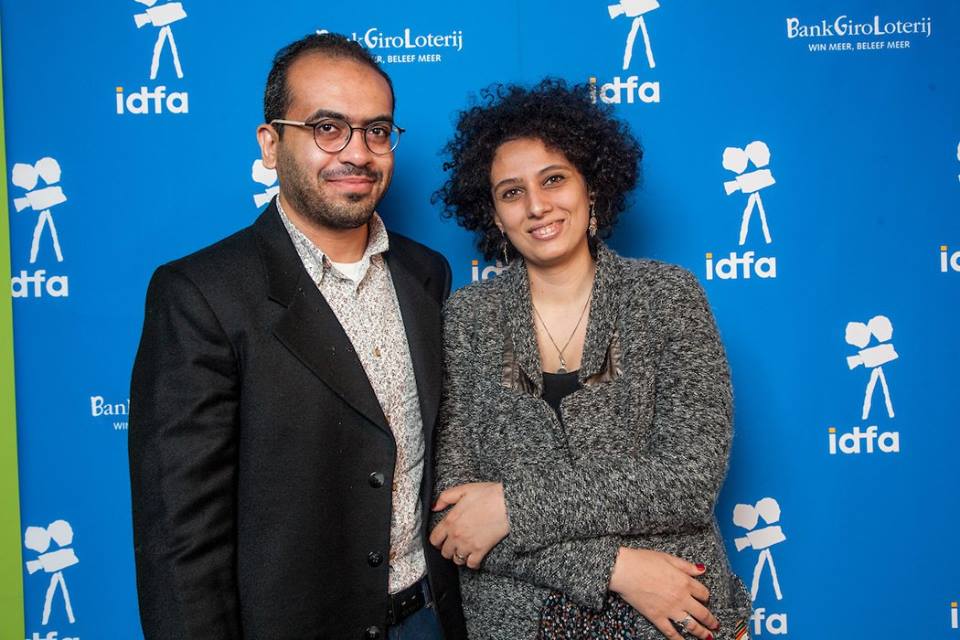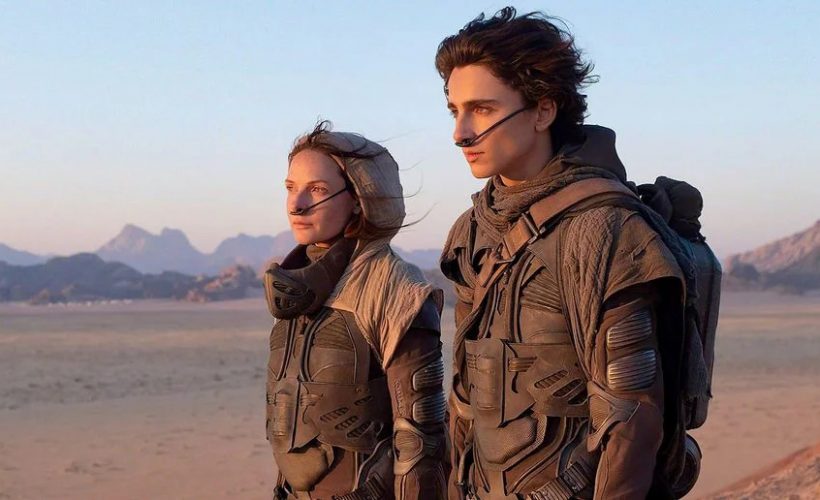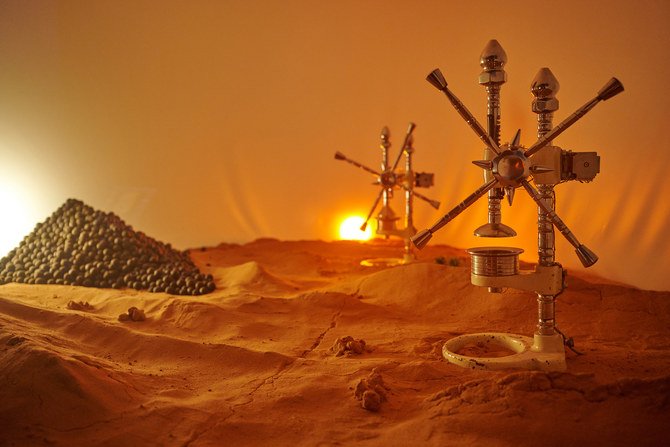Lifestyle
7.11.2019
Nada Riyadh, “In Egypt the film industry is pretty misogynous”

Discovered last may at the Critics Week during the Cannes festival in France, Nada Riyadh showed Fakh (the trap), a short movie which tells the story of a young couple who finds himself in an abandoned resort, and whose relationship will reveal itself abusive. Chronicle of an announced controversy.
Nada Riyadh is a young Egyptian director born in Alexandria. She first studied engineering before turning to cinema. To pursue her education, she moved to Cairo and won a competition to participate in a workshop supervised by the Egyptian filmmaker Mohamed Khan. There, she made her first film “Ifterady” (virtual), produced by the famous actress Marianne Khoury and Masr studios in 2013. Three years later, she co-founded a production company that produces movies and documentaries with her partner in life, Ayman el-Amir. Since then, she has launched Mahd Film Lab, a program that supports MENA region filmmakers to develop their own films. Supporting the local cinema, she is part of this new wave of filmmakers who revive the golden age of Egyptian cinema by approaching social topics.

In 2016, you released Happily ever after, a very personal film about your own love relationship, and about the political situation in Egypt. Why did you choose to put yourself at the center of this movie?
I did not intend to make a personal film in the first place. I was actually making a film about long-distance relationships, so I interviewed several couples and followed them in their lives in order to show how the Egyptian political and social situation affected their story. But during the process, I realized while speaking with my companion that the motivation behind this movie was my own inability to communicate with him about us because he was traveling to Jordan at that time. So I finally decided to make a film about us and to see if our relationship would survive or not to this distance, with the social and political situation in Egypt as the main backdrop of these reasons that push some from Egypt or others to stay.
Why was it so important for you to stay in Egypt rather than leave as your companion wanted to do so?
I believe that what we are doing today is a way of building the future. Although I totally understand that people are choosing to leave the country and move on with their own lives, I consider this volatile period as very interesting, a lot of things are happening. And as a director, I want to work on topics that affect me at a personal level. I think I could not have that perspective if I do not live in my country anymore.
What inspired you in the scenario of the Fakh (the trap)?
I worked for a few years with an institute that allowed me to spend a lot of time with women victims of abuse in their relationships. I have noticed that these women used a certain vocabulary, and it was interesting to observe how they had integrated abuse. I wanted to show the psychological process from the female perspective of the victims.
Why did you shoot the film in this special place?
We shot the film in an old resort in Agami, not far from Alexandria. It was in the 80s-90s the hub of the Egyptian rich and famous, a fancy place where they used to spend their summer vacations. It was a very beautiful place, but in the last few decades it has been completely abandoned and it is now known as a very dangerous place, a shelter for drug dealers, vice workers, and even fundamentalist groups. For me, filming there was a way to capture the decay of the Egyptian society in which we live. From a visual perspective also, the infrastructures are very striking and say a lot about the situation of the country.

I read that you encountered a lot of problems during the shooting of the film, because of its sensitive topic. Can you tell us more about this experience?
I will try to do it, even if I would prefer not to (laughs). This film is an Egyptian and foreign co-production, which affected filming a lot. When we started the pre-production phase, we did not realize that we would have a mixed team of Egyptians and non-Egyptians, which is problematic on a subject as taboo as sexual abuse in Egypt. People were already suspicious, and even more, because it was a foreign co-production. So we had to stop filming in the middle of the film because the lead actress and some of the team members did not want to participate anymore. Even the set was ransacked and we had to stop everything while we had already spent 70% of the budget. But finally, we managed to regroup and adopt a new strategy to shoot a second time with a new actress.
How do you explain that the actors have changed their minds during the project?
Even though the lead actress knew the script, I think she did not realize what the filming experience would represent. In Egypt the film industry is misogynous, it is pretty hostile towards women, which is reflected in the way teams are trained. Even though some members of the technical team had already read the script and shot intimate scenes in other movies before, they used to do so with a man filmmaker and not with a woman. This new way of filming and shooting the subject did not correspond to their “normal” representation of aggressions. If you watch Egyptian cinema, you’ll quickly realize that abuse scenes are always shot in a very fetishized way, and that’s not what I wanted to do.
popular

